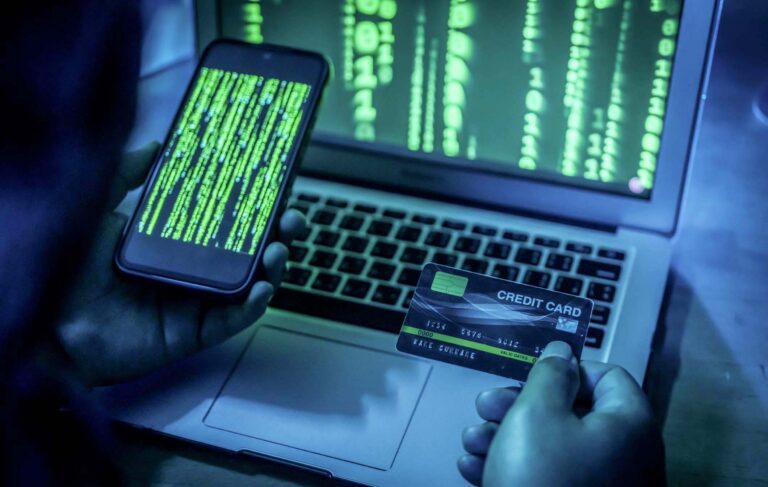Exploring AI-Driven Cybersecurity Risks at the HIMSS Virtual Forum
The HIMSS AI and Cybersecurity Virtual Forum, taking place on November 18, marks a significant milestone in the evolution of artificial intelligence (AI) within the healthcare sector. As organizations transition from the initial excitement surrounding tools like ChatGPT to a more pressing need for regulatory oversight, the implications for cybersecurity are profound.
Opening Insights from Dr. Benoit Desjardins
Kicking off the conference at 8 a.m. is Dr. Benoit Desjardins, a distinguished figure in the field of cybersecurity, with a history as a hacker. His presentation, titled “AI vs. AI – Defending Against AI-Powered Cyber Threats in Healthcare,” will delve into the complex ways AI can be weaponized against organizations.
Dr. Desjardins holds the position of professor of radiology at the University of Montreal and serves as the Chief Medical Information Officer (CMIO) at the Center Hospitalier de l’Université de Montréal (CHUM). He also consults for the government of Quebec, bringing a wealth of expertise to the forum.
The Evolving Cyber Threat Landscape
According to Kyle Murphy, senior manager of content and programming at HIMSS, organizations employing AI technologies may not fully comprehend the datasets and infrastructure essential for their operation. “AI can replace traditional malware and manifest in new and sophisticated variants,” Murphy noted, emphasizing the urgent need for organizations to deepen their understanding of these risks.
Dr. Desjardins echoed this sentiment, stating, “If you don’t engage in proactive investigation, you’re putting yourself at a disadvantage.” Thus, continuous vigilance is imperative as cyber threats are evolving at an alarming pace.
Case Study: The Change Healthcare Breach
The recent Change Healthcare breach in February 2024 serves as a cautionary tale in the healthcare sector. This ransomware attack, which compromised claims systems nationwide and resulted in a staggering $22 million loss for UnitedHealth Group, exposed critical vulnerabilities. Despite having acquired Change Healthcare two years prior, the systems went unupdated, and lack of multi-factor authentication facilitated the breach.
UnitedHealth Group’s CEO, Andrew Witty, revealed during legislative hearings that hackers exploited this security gap, highlighting the necessity for robust cybersecurity measures in healthcare.
The Dual Nature of AI in Cybersecurity
AI not only amplifies the sophistication of cyberattacks but also streamlines administrative tasks, supports research, and advances clinical aims. To address these dual challenges, the HIMSS forum offers seven informative sessions designed to tackle various aspects of cybersecurity in healthcare.
Key Forum Takeaways
On the agenda for Tuesday are sessions that will explore the culture of cyber resilience, current trends among Chief Information Security Officers (CISOs), and the role of AI as a facilitator within the healthcare workforce. Notably, Dr. Xiaoqian Jiang, associated vice president for medical AI at the University of Texas Health Science Center at Houston, will share insights on the significance of large data sets in her session titled “Advancing Secure AI In Healthcare for Innovation and Research.”
Participate in the HIMSS AI & Cybersecurity Virtual Forum
The HIMSS AI & Cybersecurity Virtual Forum promises engaging discussions and continuing education certifications, all offered at no cost. Participants can gain valuable insights into contemporary cybersecurity challenges faced by healthcare organizations.
Be a part of this important dialogue on November 18. Learn more and register for free.

